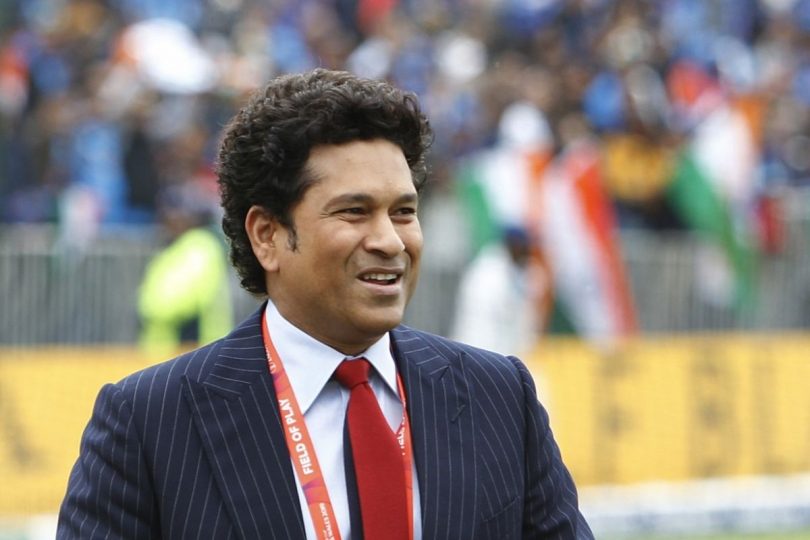Former Indian cricketer Sachin Tendulkar called out a fake video going viral on social media in which his voice has been manipulated to promote an online game. In the edited video, Tendulkar is seen promoting an online game, giving the example of daughter Sara earning Rs 1.8 lakh per day by making predictions in the game. Tendulkar has become the latest victim of identity fraud that is committed using deepfake.
After the clip surfaced, Tendulkar put on a post on his social media platform, clarifying that he had nothing to do with the said video and that it was manipulated.
The legendary cricketer said that he was disturbed to see “rampant misuse of technology”. He also appealed to stop the “spread of misinformation and deepfakes” and also asked people to be more alert and careful.
“These videos are fake. It is disturbing to see rampant misuse of technology. Request everyone to report videos, ads & apps like these in large numbers. Social Media platforms need to be alert and responsive to complaints. Swift action from their end is crucial to stopping the spread of misinformation and deepfakes,” Sachin said in a social media post on X.
Deepfakes, a portmanteau of “deep learning” and “fake,” are hyper-realistic video or audio recordings created using artificial intelligence. These manipulated media can depict individuals saying or doing things they never did, leading to a myriad of ethical and societal concerns.
The potential for harm is vast: from personal attacks to widespread misinformation that could undermine political processes, incite violence, or even provoke international incidents.
Despite emerging laws and technological defenses, the rapid advancement and accessibility of deepfake technology make it a formidable challenge to detect and regulate.







